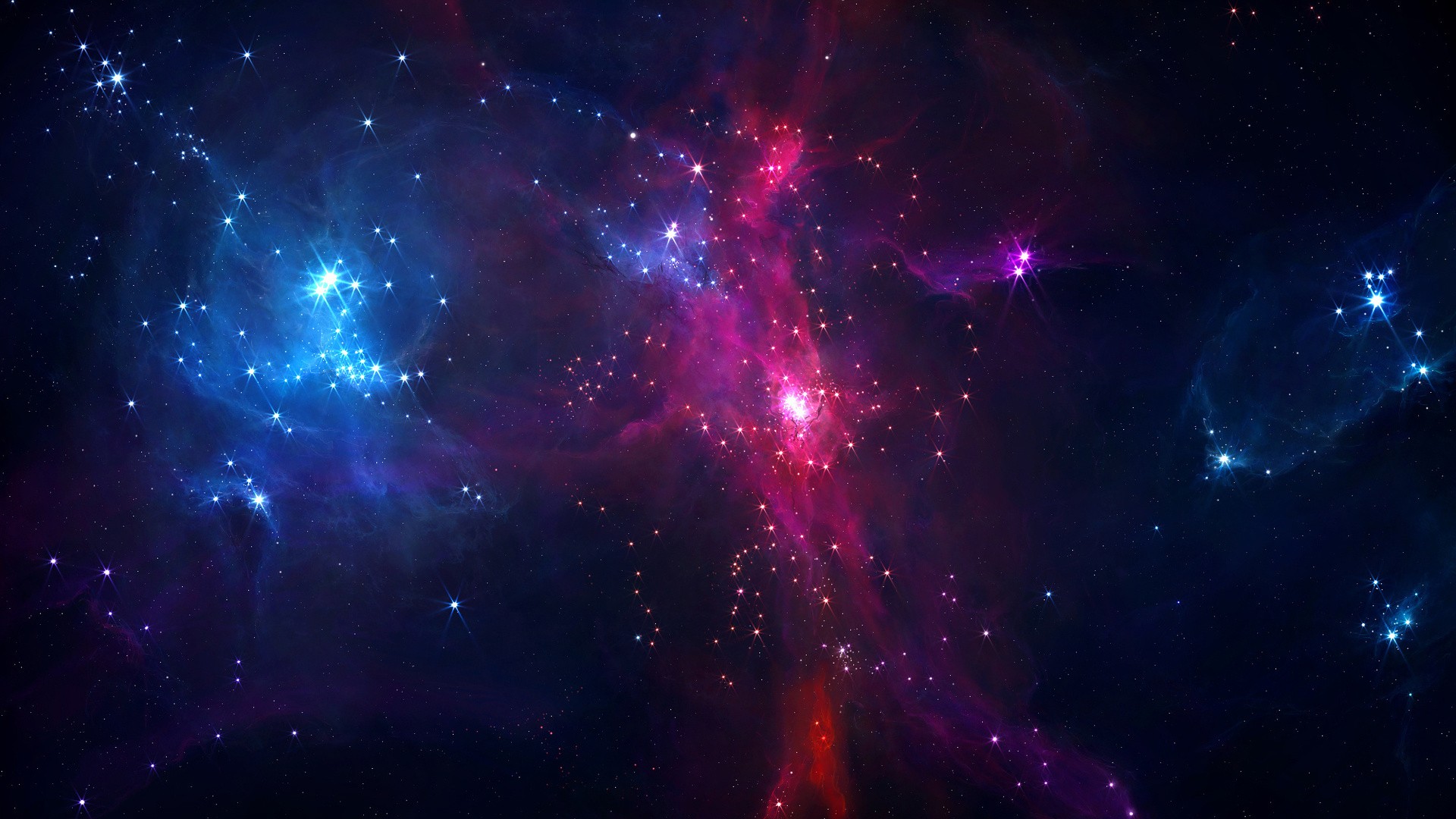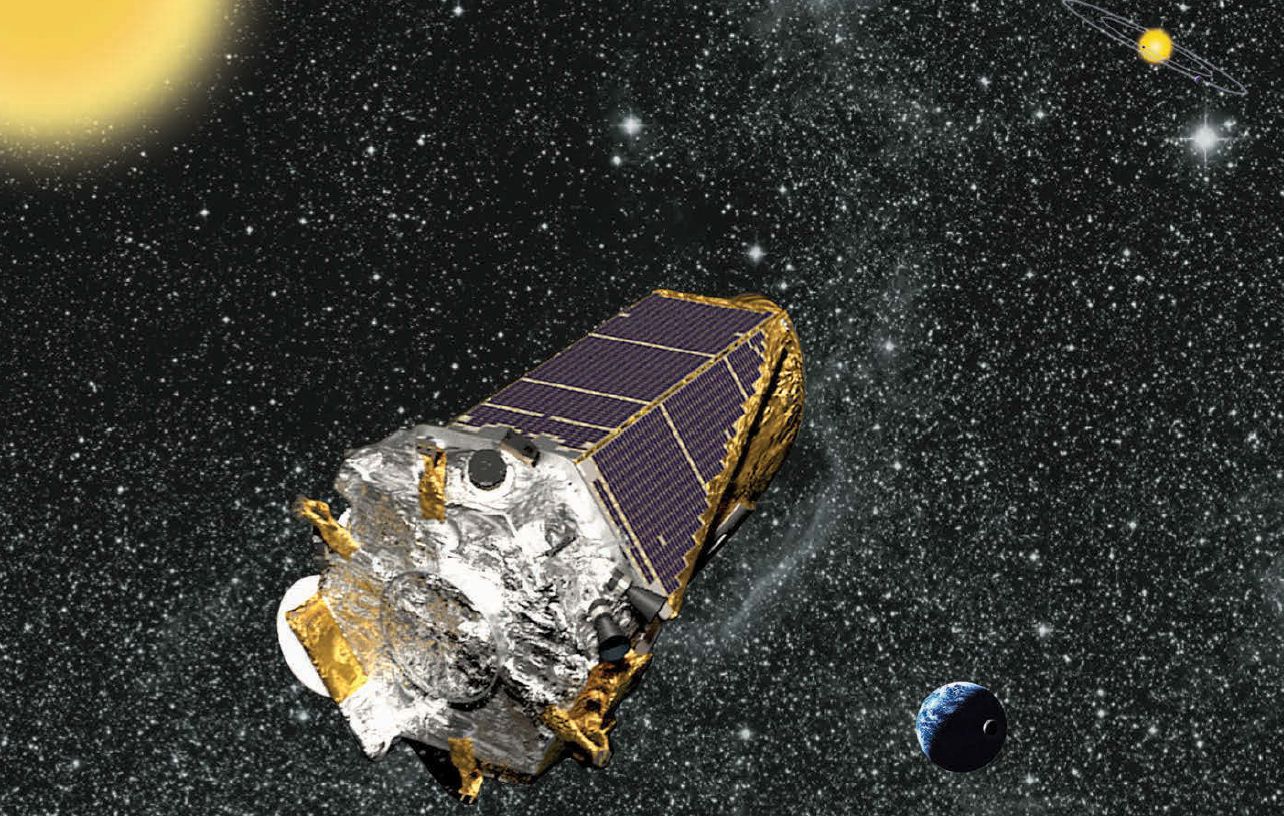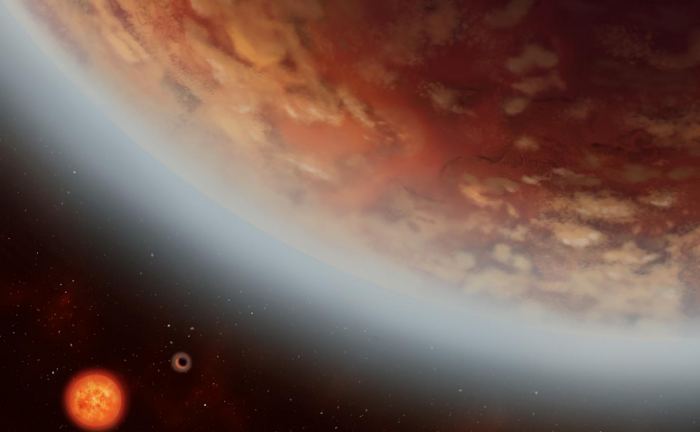
Set to lift off early next week, the Tess spacecraft will prowl for planets around the closest, brightest stars. These newfound worlds will become prime targets for future telescopes looking to tease out any signs of life.

K2-229b, a rocky planet was recently discovered by astronomers, is located 339 light years away. It is 20% larger than Earth and has a composition similar to Mercury.

The European Space Agency picked the Atmospheric Remote-sensing Infrared Exoplanet Large-survey (ARIEL) mission to explore the nature of exoplanets.

The Kepler spacecraft responsible for detecting 2,245 exoplanets, and another 2,342 yet to be confirmed, is running out of fuel and may have just a few months left before its lights go out.

Scientists report the existence of 15 new planets -- including one 'super-Earth' that could harbor liquid water -- orbiting small, cool stars near our solar system.

Three planets, all slightly larger than Earth in diameter, orbit a star called GJ 9827, about 100 light-years away. A study of the planet trio found that one of the most massive super-Earths found to date lies among them.

Based on data from NASA's K2 mission an international team of scientists have just confirmed nearly 100 new exoplanets. This brings the total number of new exoplanets found with the K2 mission up to almost 300.

Scientists have been hard at work trying to determine the densities of the TRAPPIST-1 planets, and it looks like water is abundant in the TRAPPIST system.

It’s been less than a year since astronomers detected TRAPPIST-1, a remarkable star system located 39 light years from Earth. New research suggests life could take root on at least two of these planet.

For the first time in history, a crowdsourced team of amateur citizen scientists has discovered a multi-planetary system.

GJ436, a red dwarf located about 33 light-years from Earth has a planet that behaves very much like a comet. And according to a recent study this planet also has a very peculiar orbit.

Google Machine Learning Technology recently helped scientists at NASA discover two new planets far outside the solar system.

NASA will be hosting a somewhat unusual press conference on Thursday to announce the latest find from its planet-hunting Kepler Space Telescope.

The Echelle SPectrograph for Rocky Exoplanet and Stable Spectroscopic Observations (ESPRESSO) has successfully made its first observations.

While examining a previously-discovered exoplanet, an international team of astronomers discovered a second Super-Earth around the star.